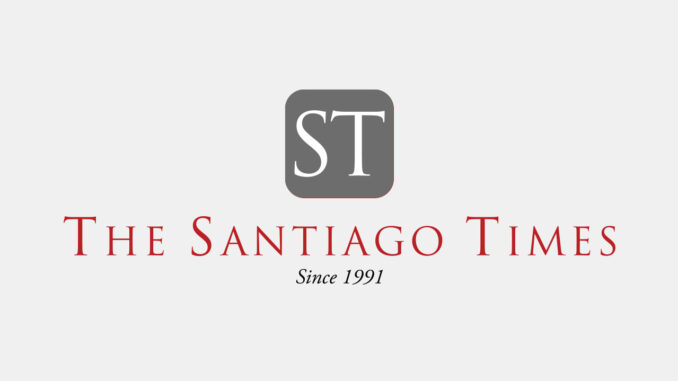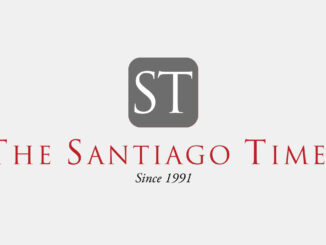
TEHRAN – Gunmen disguised as soldiers attacked an annual Iranian military parade Saturday in Iran’s oil-rich southwest city of Ahvaz, killing at least 29 people and wounding more than 50 others.
Four gunmen began shooting at people from behind the viewing stand, according to ISNA, the semi-official Iranian Students News Agency. The semi-official Fars news agency, which is close to the Guard, reported, however, that two gunmen on a motorcycle wearing khaki uniforms carried out the attack.
Khuzestan Governor Gholamreza Shariati that two gunmen were killed and another two were arrested, according to the official Islamic Republic News Agency (IRNA).
The news agency reported that a number of civilians, including women and children, who were watching the military parade, were among those killed.
Iran’s Foreign Minister Mohammad Javad Zarif immediately blamed the attack on regional countries and their “U.S. masters,” calling the gunmen “terrorists recruited, trained armed and paid” by foreign powers. That further raises tensions in the Mideast as Tehran’s nuclear deal with world powers is in jeopardy after President Donald Trump withdrew America from the accord.
Terrorists recruited, trained, armed & paid by a foreign regime have attacked Ahvaz. Children and journos among casualties. Iran holds regional terror sponsors and their US masters accountable for such attacks. Iran will respond swiftly and decisively in defense of Iranian lives. pic.twitter.com/WG1J1wgVD9
— Javad Zarif (@JZarif) September 22, 2018
“Iran will respond swiftly and decisively in defense of Iranian lives,” Zarif wrote on Twitter.
In Tehran, Iranian President Hassan Rouhani watched a military parade that included ballistic missiles capable of reaching Israel and U.S. military bases in the Mideast. Rouhani said the U.S. withdraw from the nuclear deal was an attempt to get Iran to give up its military arsenal.
The Iranian leader added that U.S. President Donald Trump will fail in his confrontation with Iran, just like Iraq’s Saddam Hussein.
“Iran neither put its defensive arms aside nor lessens its defensive capabilities,” Rouhani said. “Iran will add to its defensive power day by day.”
The Islamic State group later claimed responsibility in a message on its Amaaq news agency, but provided no evidence it carried out the assault. The militants have made a string of false claims in the wake of major defeats in Iraq and Syria.
Saturday’s attack comes after a coordinated June 7, 2017, Islamic State group assault on parliament and the shrine of Ayatollah Ruhollah Khomeini in Tehran. At least 18 people were killed and more than 50 wounded.
ISIS attack on Iranian Parliament, Khomeini’s shrine leaves 18 dead, 50 injured
State television immediately described the assailants as “takfiri gunmen,” a term previously used to describe the Islamic State group. Iran has been deeply involved in the fight against the Islamic State in Iraq and has aided embattled Syrian President Bashar Assad in his country’s long war.
That fight includes members of the Revolutionary Guard, a paramilitary force answerable only to Supreme Leader Ayatollah Ali Khamenei. The Guard also has vast holdings in Iran’s economy.
Meanwhile, Guard spokesman Gen. Ramazan Sharif told ISNA that an Arab separatist group carried out the attack, without elaborating. However, those groups in the past previously have only attacked unguarded oil pipelines at night.
The separatists accuse Iran’s Shia theocracy of discriminating against its Sunni Arab citizens. Iran has blamed its Mideast archrival, the Sunni kingdom of Saudi Arabia, for funding their activity. State media in Saudi Arabia did not immediately acknowledge the attack.


